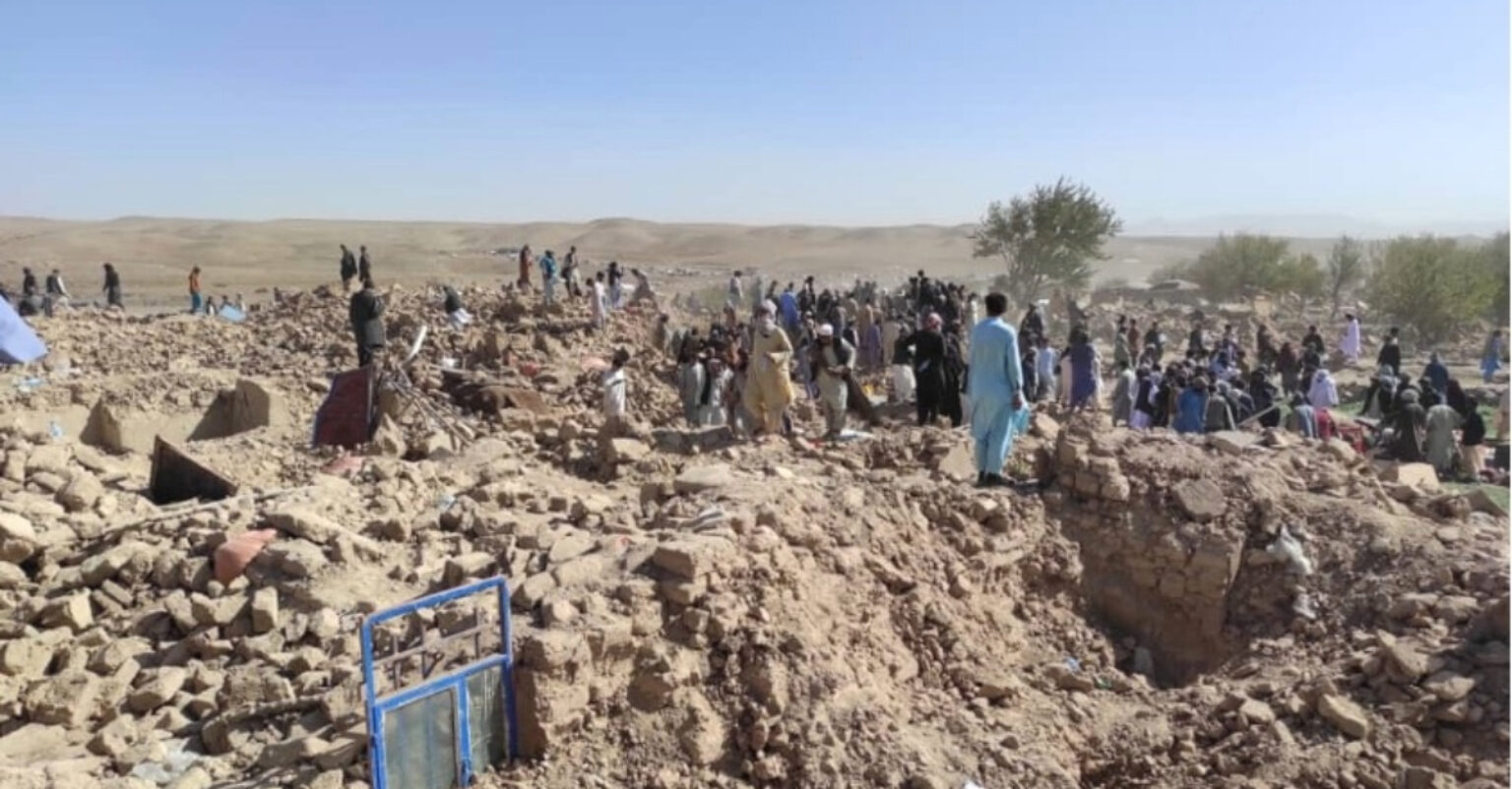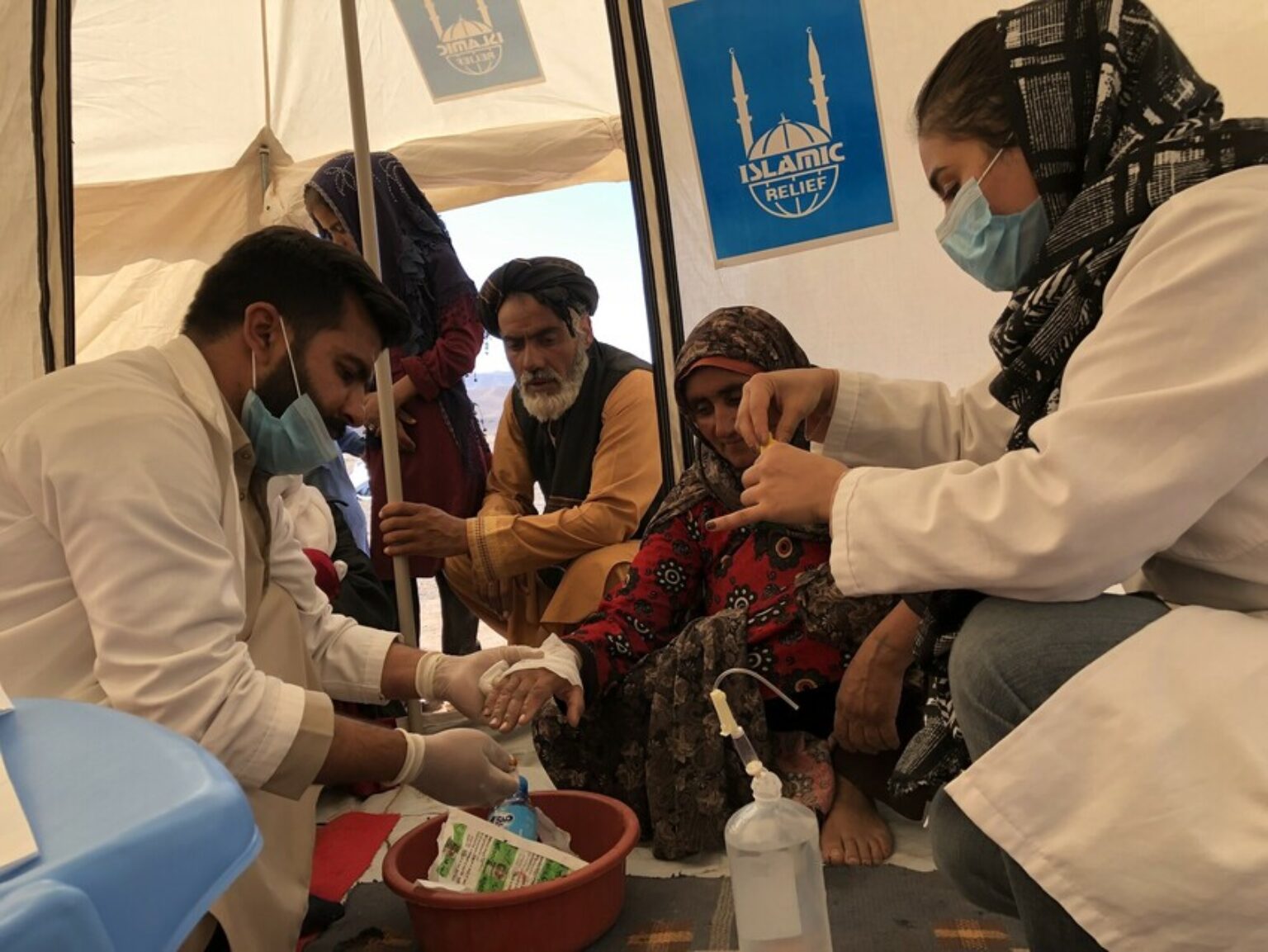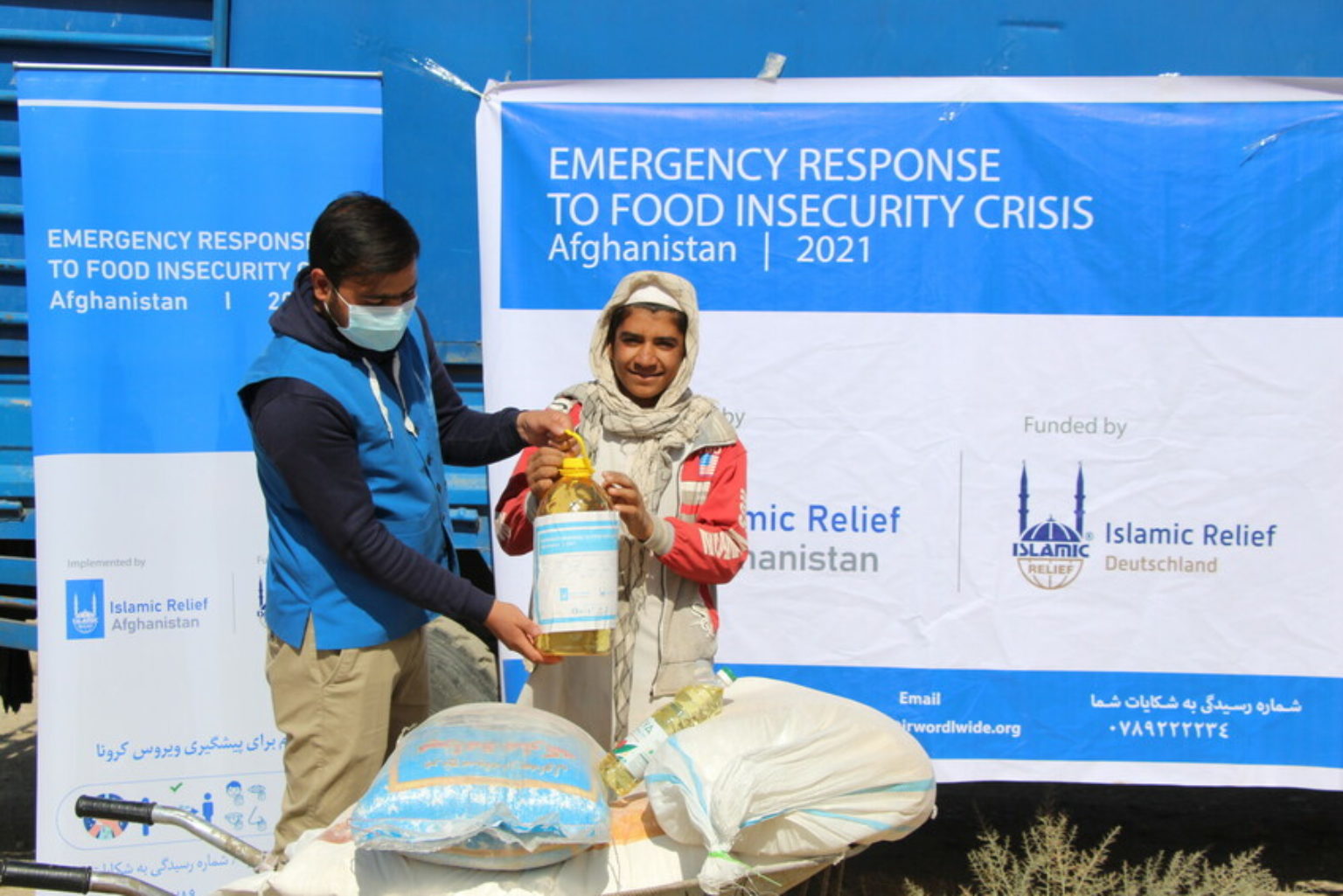Four deadly earthquakes of 6.3, 6.4 and 4.7 magnitude hit Afghanistan this past week, taking the lives of up to 2,000 people so far and leaving thousands injured.
The earthquake struck 40km northwest of the city of Herat in Afghanistan, where 12 villages near the city of Herat have been affected.
Hundreds of homes were flattened amid the earthquake. There have been reports that families were buried inside the destroyed homes.
More than 3,000 homes have been completely destroyed and the number of people directly affected has risen to more than 40,000, with many families now homeless and in need of aid.


Afghanistan has been experiencing instability in the country since 2021, impacting levels of poverty, malnutrition and resulting in the collapse of basic services for Afghan civilians. As of April 2023, over 40% of its population are experiencing high levels of acute food insecurity.
This pushed Afghanistan into one of the world’s worst humanitarian crises. Millions of lives are at stake, and children are already dying of hunger.
David Beasley, Executive Director of the World Food Programme
Afghan civilians have already been facing the brunt of economic instability for over two years, and with basic services having collapsed support for those impacted by the earthquake will be impacted.
The international community must continue to advocate for and deliver humanitarian aid provision and support for basic human needs through non-governmental organisations (NGOs) and the UN agencies.
Charity Project PK calls on all parties to ensure that the efficient provision of humanitarian aid is made possible, and unrestricted, prompt, secure, and unimpeded access for all humanitarian personnel, including women, is applied in accordance with international law. This applies to United Nations agencies, international and local non-governmental organisations, and other humanitarian actors.
Hadith | Tirmidhi
Charity Project PK, a member of the Disasters Emergency Committee (DEC), has been working in Afghanistan for over 20 years. Recently, our teams on the ground have distributed 13,061 food packs to the most vulnerable families in Kabul, Nangarhar, Balkh, Bamiyan, and Kapisa provinces. Qurbani meat distributions to over 10,000 families have also been carried out.
We are also running eight mobile health teams, which provide the only source of healthcare for many Afghans who are living in the country’s most remote rural areas. This includes hygiene and water storage kits, to help prevent the spread of illness and disease.
As Afghans anticipate the harshness of the winter season and what it has to bring, including a threat to their very survival, we are on the ground, distributing heaters and fuel, blankets, clothes, and shelter materials to thousands of families.
The psychological impact of the crisis unfolding, and years of conflict, is taking its toll on Afghan communities. We are also providing people with home visits, to help support their mental health during this unfathomable time.
We continue to raise awareness and support women facing gender-based violence. Our teams in the UK have also supported Afghan refugee families by providing hot meals and delivering essential sanitary items.

With food insecurity at alarming levels in Afghanistan, many people are desperately seeking any kind of support — almost 45% of the population are badly affected. Thanks to your generous donations towards the Afghanistan Emergency Appeal, our teams on the ground have delivered food packs, supporting thousands of families, Alhamdulillah!
Donate to Afghanistan Emergency Appeal and help save lives.
Alongside keeping the people of Afghanistan in our prayers, we have a duty to not turn our back on the people of Afghanistan. You can help ease the burden of this catastrophe for the Afghan people by donating towards our life-saving work in communities for displaced families across Afghanistan.
This is only possible with your ongoing support. Your generous donations are having a life-saving impact.